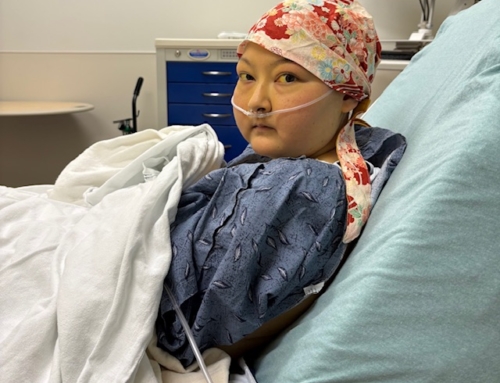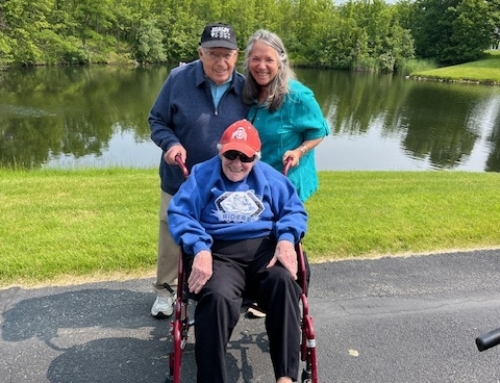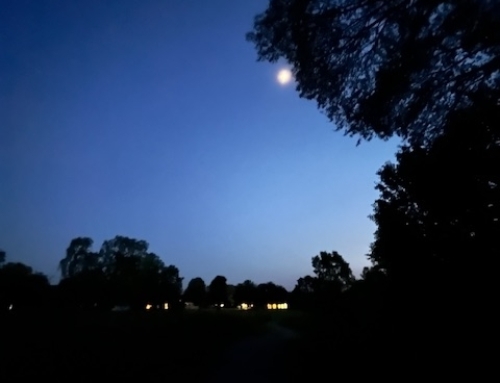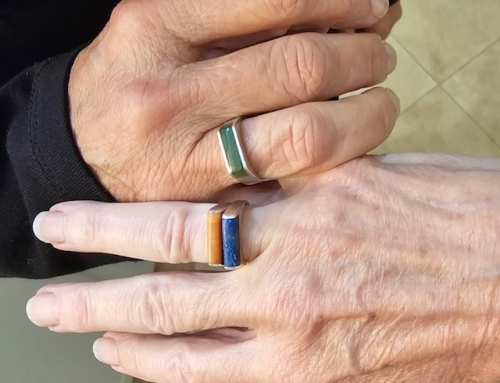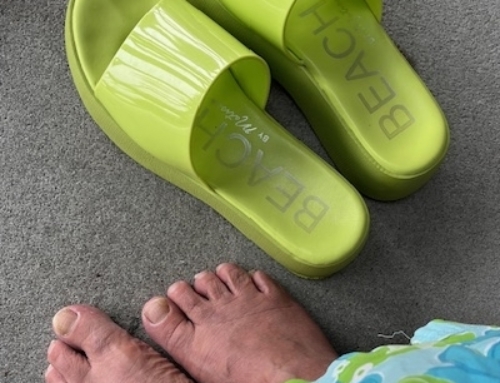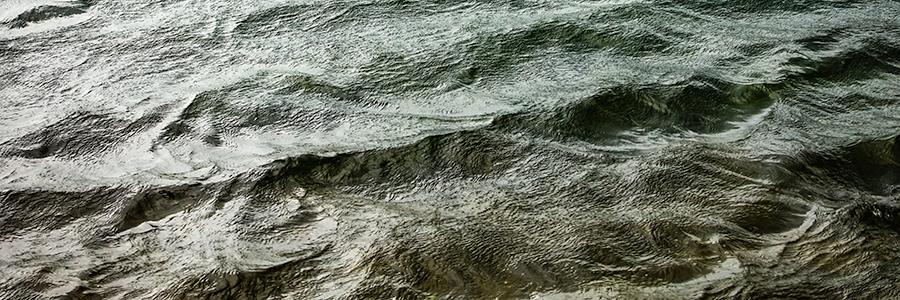
Good morning…
Yesterday’s post focused on what children may be learning as they spend time outside of the traditional school classroom. Tip The Canoe stirred things up and dumped us out in different spots in our common sea of humanity.
Some subscribers enjoyed the free swim of a slower pace and a simpler life: “Brilliant perspective! Fills my heart with joy. Thank you!” “Excellent!” “Love love love!!!!” “Fantastic!! I love this!!” “YES!!!! Thanks for the continued motivation ❤️❤️❤️.”
Another reader waded into deeper water: “I love this post about things kids learn outside of a structured school day,” she wrote, going on to explain her own personal perspective. “This is EXACTLY how I have always felt in general. It’s why I have always tried (not always successfully) to keep extra curricular activities to a minimum since the down time, in my mind, is for all these important lessons identified by your post so eloquently. When people talk about year round school allowing kids to “get ahead”, I understand that this will allow for more advanced math learning and kids won’t ‘lose’ as much as they do over the summer, but what if those lazy days of summer, doing ‘nothing’ but creating something soulful of invisible value, what if those hours are the best teacher of all? Thanks for this!”
One subscriber explored the dangerous water in the deep end: “This is a lovely perspective,” she wrote, “and, for those of us who are not part of the 20 percent of our country who are now unemployed or the next 20+ percent who aren’t able to be home to supervise/parent/share a meal with their kids because they have to work, this smacks of great privilege. Their kids are not going to be better off.”
She continued: “Yes, my childhood was spent climbing trees, building forts, playing house, running in the neighborhood with other kids and coming home for dinner every night as a family. It wasn’t in cars chasing the next event or burning the midnight oil to cram more content. But, it was also connected to the city and people whose lived experience was different than mine—more wealth (we were middle class) at private school and inner city, don’t-look-like-me at church.”
She concluded: “If we aren’t intentional, and willing to open our eyes to see others who aren’t living this pandemic the same way we are/can, then we aren’t building empathy and we are likely building every more siloed and provincial future leaders. You know I love you. And, I am sure you find this a broken record. 99 percent of your readers will love the Tip The Canoe post. As an ode to how so much learning can be gained outside of classroom, yes I love every bit of that. I just long for the learning to be broader than my backyard and equitable for those who the classroom is probably the safest place or the only place they might learn.”
So many dynamic, diverse perspectives.
We are many parts of one body, and we all belong to each other.
In his grace, God has given us different gifts for doing certain things well. So if God has given you the ability to prophesy, speak out with as much faith as God has given you. If your gift is serving others, serve them well. If you are a teacher, teach well. If your gift is to encourage others, be encouraging. If it is giving, give generously. If God has given you leadership ability, take the responsibility seriously. And if you have a gift for showing kindness to others, do it gladly.
Don’t just pretend to love others. Really love them. Hate what is wrong. Hold tightly to what is good. Love each other with genuine affection, and take delight in honoring each other (Romans 12:5b-10, NLT).
As we learn to swim in these uncharted waters, might we sink down into our soul and lift up to intentionally share our different gifts? We are all buoyed by the same truth: He who sits on the throne said, “Behold, I am making all things new.” Also He said, “Write, for these words are faithful and true [they are accurate, incorruptible, and trustworthy]” (Revelation 21:5, AMP). Let’s marvel at God’s restorative power as we learn to swim AHEAD together.
…Sue…

